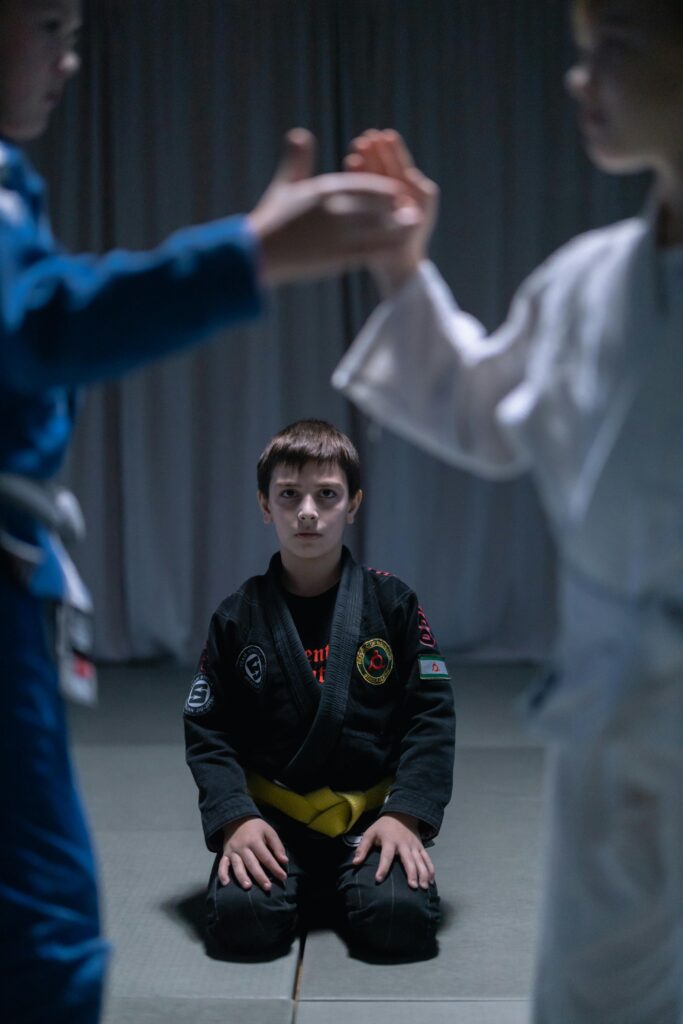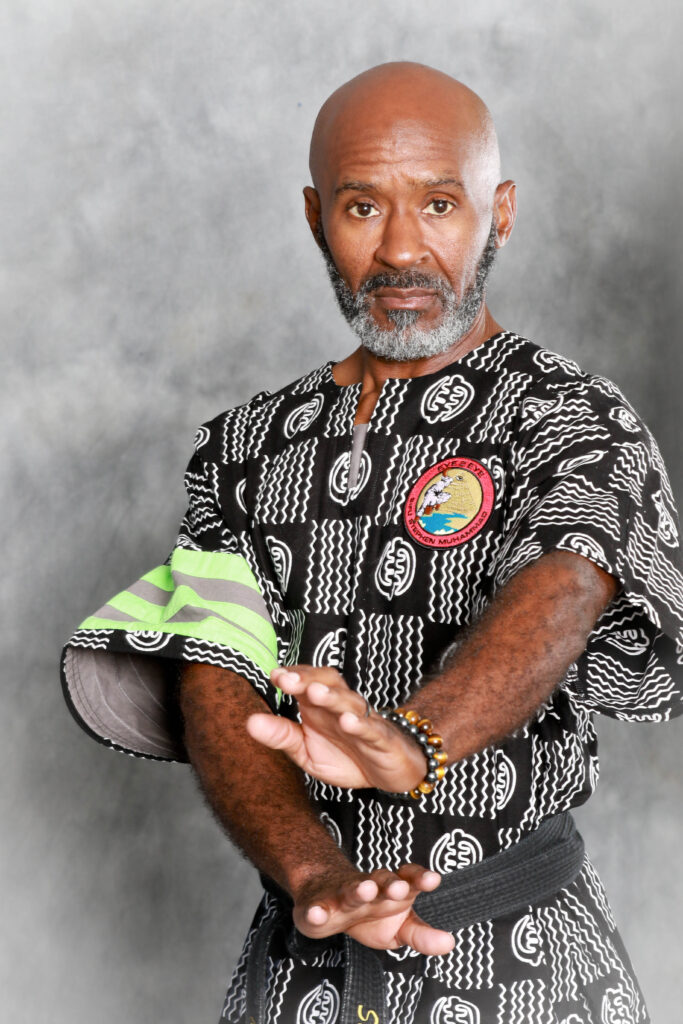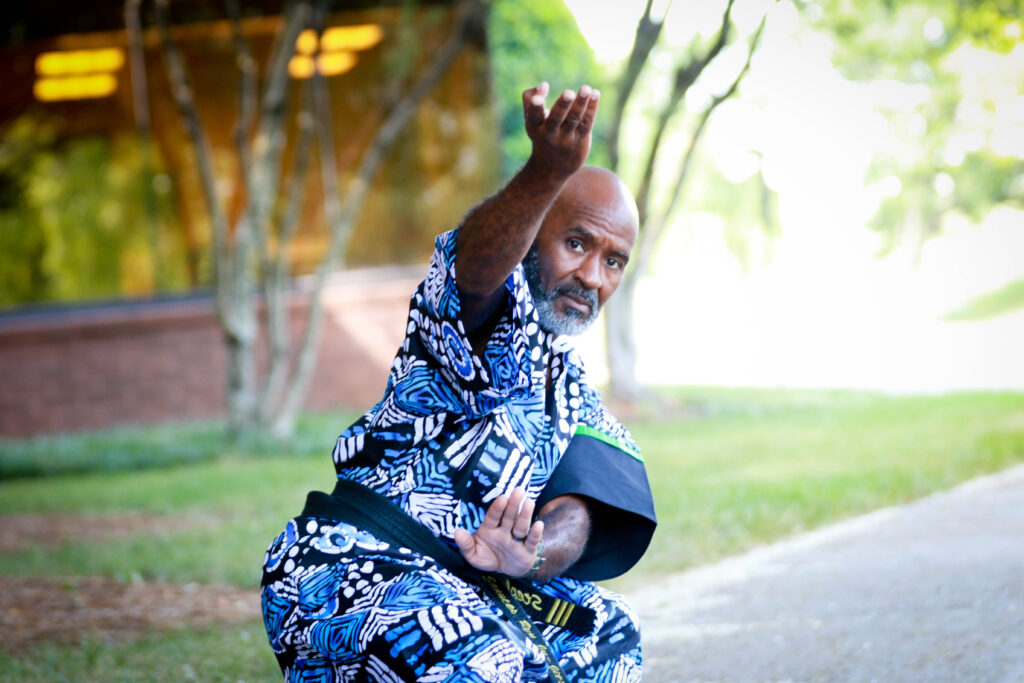Trauma can leave deep scars, not just emotionally but physically as well. It’s an experience that affects both the mind and body in ways we don’t always understand.
But what if I told you that martial arts, often seen as just a form of self-defense, could help you heal from trauma?
From my experience, martial arts offers a unique and powerful form of therapy, combining movement, discipline, and mindfulness to reconnect you with your body and foster emotional healing.
Understanding Trauma and Its Impact on the Body
Trauma isn’t just something that happens in the mind—it lives in the body, too. You might feel tense, disconnected, or like you’re always on edge.
That’s because trauma disrupts the natural balance between your brain and body, keeping you stuck in survival mode.
This is why addressing trauma requires more than just talking—it also involves physical healing.
The Mind-Body Connection in Trauma Recovery
Martial arts works because it helps you rebuild that mind-body connection. The repetitive, focused movements bring your attention to your body in a way that feels safe and controlled.
As you practice, you begin to notice how your body reacts to stress, and over time, you learn how to release that tension.
Emotional Regulation through Physical Practice
The discipline involved in martial arts isn’t just about perfecting techniques; it’s also about emotional control.
Through martial arts, you learn to process your emotions in real time—whether it’s frustration, fear, or anger.
This emotional regulation translates into your daily life, helping you feel more grounded and in control.
How Martial Arts Provides Healing for Trauma Survivors
One of the benefits of learning of martial arts is how it helps you reconnect with and trust your body again.
For trauma survivors, feeling safe in their own skin can be one of the hardest challenges, and martial arts addresses this head-on.
Rebuilding Trust in Your Body
When you’ve experienced trauma, it’s easy to feel like your body has failed you. Martial arts provides a space where you can slowly start to trust your body again.
Through the physical practice, you realize your body is capable of more than you thought. It’s a tool for strength, not just survival.
The Importance of Discipline in Recovery
Martial arts teaches discipline, and that discipline becomes a key part of trauma recovery.
It’s not just about sticking to a training routine—it’s about learning how to push through discomfort, stay focused, and build resilience.
The sense of accomplishment that comes from showing up, even when it’s hard, is a powerful antidote to the feelings of helplessness that often come with trauma.
Moving Past Fear: Confronting and Overcoming Emotional Barriers
Martial arts forces you to confront fear in a controlled environment.
Whether it’s fear of physical confrontation or the fear of failure, every time you step on the mat, you’re practicing courage.
This kind of exposure is crucial for trauma survivors who often avoid challenging situations. In martial arts, you learn that you’re stronger than your fears.
The Power of Mindfulness in Martial Arts
Martial arts requires mindfulness—the ability to stay present in the moment. This isn’t just useful for mastering techniques; it’s also a powerful tool for healing trauma.
Cultivating Presence through Movement
In martial arts, you can’t afford to let your mind wander. You need to stay focused on your movements, your breath, and your opponent.
This level of focus forces you into the present moment, making it harder for intrusive thoughts or traumatic memories to take over.
Over time, this presence helps you build a healthier relationship with your body and mind.
Breathing Techniques for Calming the Nervous System
Breathing is a big part of martial arts, and it’s also a key tool for calming the nervous system.
Controlled breathing helps reduce anxiety, lower stress, and bring your body back into a state of calm.
Whether you’re in the middle of a sparring match or simply practicing at home, breath control becomes a way to manage your emotions and reactions.
Building Resilience: Martial Arts as a Safe Space for Growth
One of the things I love most about martial arts is that it provides a safe space for personal growth.
It’s not just about learning to fight—it’s about building the resilience to face life’s challenges, both on and off the mat.
Establishing Boundaries and Safety
In martial arts, you learn how to set boundaries—both physical and emotional.
Whether it’s keeping an opponent at bay or knowing when to tap out during training, martial arts teaches you how to recognize and respect your limits.
This skill translates into daily life, helping you establish healthier boundaries in your relationships and interactions.
The Role of Mentorship in Trauma Recovery
A supportive instructor can make all the difference in your martial arts journey. A good mentor not only teaches you techniques but also guides you through the emotional challenges that come with healing.
They provide encouragement and help you see the progress you’re making, even when it feels slow. This sense of guidance is invaluable for anyone recovering from trauma.
Martial Arts Styles Beneficial for Trauma Healing
Not all martial arts styles are the same, and some are particularly well-suited for trauma recovery. Here are two that I’ve found especially effective.
Tai Chi: Slow, Controlled Movements for Inner Peace
Tai Chi is a gentle, flowing martial art that focuses on balance, breath, and movement.
Its slow, controlled motions make it an excellent choice for trauma survivors who need a gentle way to reconnect with their bodies.
Tai Chi helps calm the mind, reduce stress, and promote a sense of peace, making it a great entry point for those new to martial arts.
Brazilian Jiu-Jitsu: Empowerment through Tactical Defense
On the other hand, Brazilian Jiu-Jitsu (BJJ) offers a more tactical, empowering approach.
It’s a grappling-based martial art that teaches you how to defend yourself by using leverage rather than strength.
This makes it particularly effective for trauma survivors, as it emphasizes control and empowerment.
Psychological Benefits of Martial Arts: More than Just Physical
While martial arts is undoubtedly a physical activity, the psychological benefits are just as important. In my experience, martial arts has the power to improve mental health in profound ways.
Developing Emotional Strength
Martial arts pushes you to develop emotional strength by teaching you how to manage stress, frustration, and fear.
Whether you’re working through a tough training session or learning a new technique, martial arts helps you build the mental toughness to keep going, even when things get hard.
Releasing Pent-Up Energy through Movement
Trauma survivors often carry a lot of tension in their bodies, and martial arts provides a healthy way to release that energy.
Whether it’s through striking, grappling, or even just moving your body in new ways, martial arts helps you let go of the physical and emotional tension that trauma often brings.
The Importance of Community in Martial Arts Healing
One of the most overlooked benefits of martial arts is the sense of community it creates. Healing from trauma can be a lonely journey, but martial arts brings people together in a supportive, encouraging environment.
Finding Belonging in a Supportive Group
When you join a martial arts school, you become part of a community. It’s a place where you can connect with others who are also working on themselves, both physically and mentally.
This sense of belonging can be incredibly healing for trauma survivors who often feel isolated or disconnected.
Collaborative Learning and Mutual Support
In martial arts, you’re not just training alone—you’re learning alongside others. The mutual support and encouragement you receive from your training partners can make all the difference in your progress. It’s a space where you can push each other, learn from each other, and grow together.
Tips for Starting Martial Arts as a Therapeutic Practice
If you’re thinking about starting martial arts as a way to heal from trauma, here are a few tips to help you get started.
Choosing the Right Style for Your Needs
There are so many martial arts styles out there, so it’s important to choose one that aligns with your goals.
If you’re looking for something gentle and calming, Tai Chi might be a good fit. If you want something more empowering and physically challenging, consider Brazilian Jiu-Jitsu.
The key is to find a style that feels right for you and your body.
Establishing a Routine for Mental and Physical Healing
Once you’ve chosen a style, consistency is key. Set up a regular training schedule, whether it’s attending self-defense classes a few times a week or practicing on your own at home.
The more consistent you are, the more benefits you’ll experience, both mentally and physically.
Experience the Healing Power of Martial Arts at Eye2Eye Combat
Martial arts has a unique way of combining physical movement, mental discipline, and emotional healing.
As we’ve explored throughout this article, it’s not just about learning to fight or defend yourself; it’s about reconnecting with your body and healing from trauma.
Whether you’re looking for inner peace, emotional strength, or a supportive community, martial arts offers a path forward.
At Eye2Eye Combat, we specialize in providing a safe and empowering space for this kind of transformation. Our private self-defense classes are designed to help you build resilience, master self-defense, and reclaim control over your life.
So why not take that first step? Join us at Eye2Eye Combat and discover how martial arts can help you heal, grow, and become the strongest version of yourself.
It’s more than just training—it’s a journey toward healing, and we’re here to guide you every step of the way.
FAQs
Does martial arts help mental health?
Absolutely. Martial arts can be a powerful way to improve mental health. It helps reduce stress, boosts confidence, and teaches you how to manage emotions. The combination of physical activity, discipline, and mindfulness creates a sense of balance that carries over into your daily life, making it easier to handle challenges.
Can martial arts heal trauma?
Martial arts can definitely be part of healing from trauma. It helps you reconnect with your body, build trust in yourself, and process emotions through movement and discipline. By practicing martial arts, you can gradually release stored tension and regain a sense of control, which is essential in trauma recovery.
What is the psychology of martial arts?
The psychology of martial arts is all about balance—between mind and body, between action and stillness. It teaches you focus, discipline, and resilience. Through the practice, you learn to stay present in the moment, manage your emotions, and approach challenges with a calm, clear mindset. It’s as much mental training as it is physical.
What do martial arts teach you?
Martial arts teaches you more than just self-defense. It’s about respect, discipline, and self-awareness. You learn how to stay focused, set goals, and push through challenges. It also builds inner strength and confidence, teaching you how to face both physical and emotional difficulties with resilience and a positive attitude.





